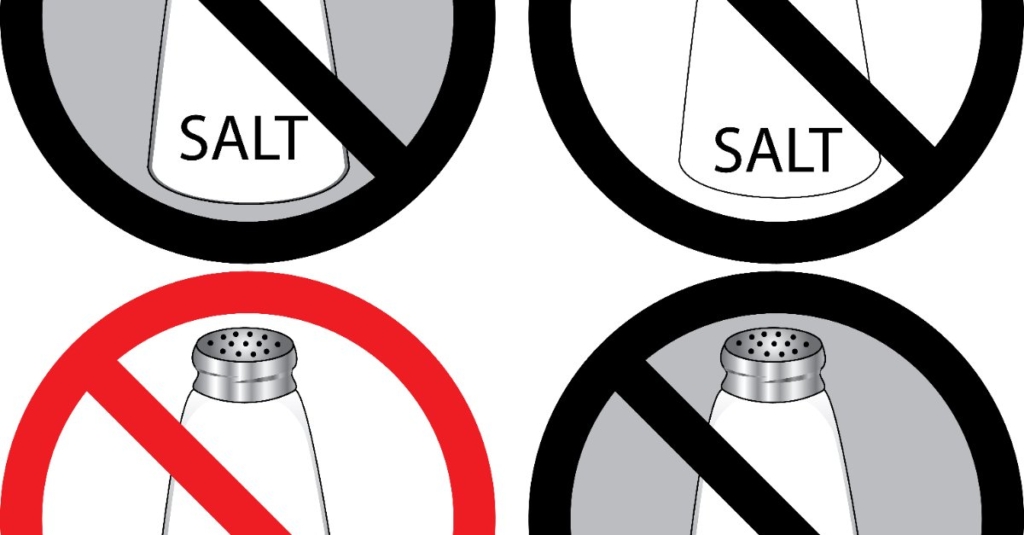Many are at higher risk for cardiovascular disease and death due to dietary salt, which increases blood pressure. Researchers at Vanderbilt University found that activated NLRP3 inflammasomes in immune cells contribute to salt-sensitive hypertension through the inflammatory response. New ways of diagnosing and treating the condition have been proposed in Circulation Research.
The study’s senior author, Annet Kirabo, DVM, MSc, PhD, associate professor of medicine, said that 50% of people with hypertension experience an exaggerated increase in blood pressure after consuming a salty meal.
A new role for immune cells appears to play in salt-sensitive hypertension according to Kirabo and her colleagues. As a result of salt entry into immune cells, they discovered that the sodium channel ENaC produces reactants called isolevuglandins, which lead to an inflammatory, autoimmune-like state in hypertension.
An increase in salt intake and blood pressure increased the NLRP3 inflammasome levels in salt-sensitive monocytes (immune cells). A salt-sensitive blood pressure was restored by inhibiting or removing the inflammasome, and it was eliminated by removing or inhibiting the inflammasome. The production of isolevuglandins and salt entry via the ENaC channel activate the inflammasome.




